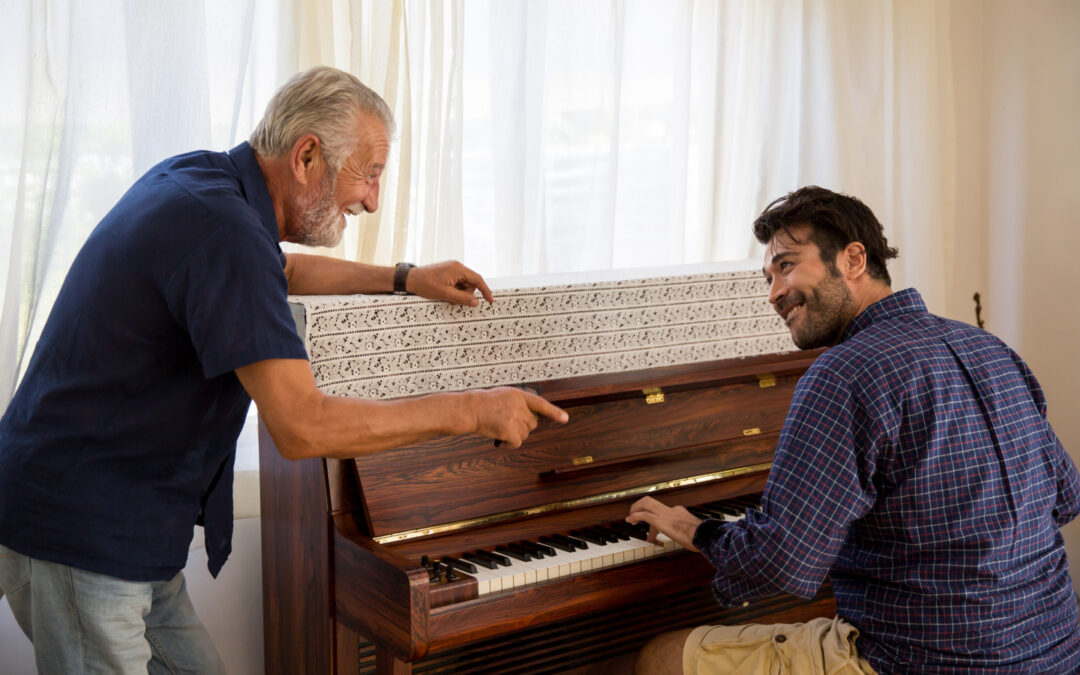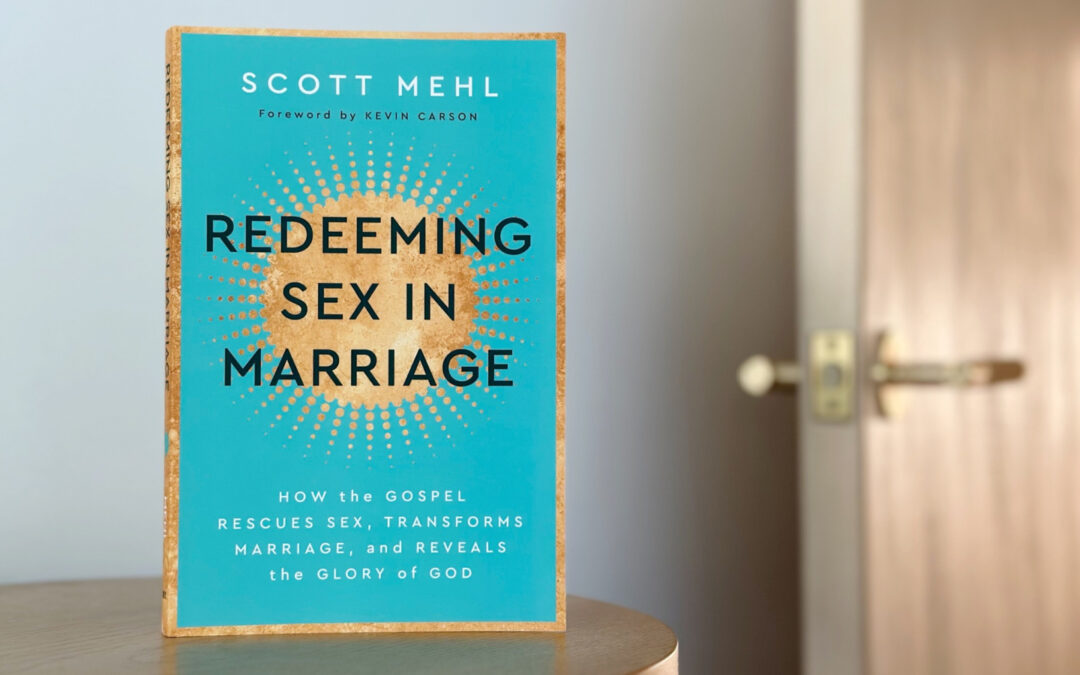How many times have you stood in front of the person you have offended and said these words, “I’m sorry.” Let’s dissect what these words convey. We often hear children apologize with these same words when they accidentally spill milk. They communicate, “I messed up.” Those are good words to say if the offense was a mistake or a misunderstanding. But what if it was more than that?
Sin vs Mistake
When we offend someone, we must ask ourselves, “Did I sin against him and God?” The answer will determine how you handle the reconciliation. If you sinned, then humbly asking your friend for forgiveness aligns yourself with God. The biblical response to sin is asking for forgiveness, not merely apologizing. An apology communicates you are sorry someone got hurt. Seeking forgiveness acknowledges moral transgression and the relational chasm you created. Sin reveals an offense first against God (Psalm 51:4). First, asking the Lord for forgiveness and choosing to turn away from sin expresses true repentance. Repentance is, as Charles Spurgeon stated, “a discovery of the evil of sin, a mourning that we have committed it, a resolution to forsake it.” Our first priority is to seek God’s forgiveness trusting in Christ that he will forgive us (1 John 1:9).
In the Form of a Question
We must secondarily ask the friend we sinned against for forgiveness. When seeking forgiveness from another individual, it should be in the form of a question, not an imperative. For example, “Do you forgive me for being angry? Do you forgive me for being rude? Do you forgive me for being impatient?” Ask for forgiveness (“do you forgive me…) and specifically name the sin (“…for being impatient with you?”). Oftentimes, we need to ask for forgiveness for not loving a friend. Paul gives one clear description of love in 1 Corinthians 13:4-7 to help us discern how we may have sinfully failed to love others. After asking, humbly wait for a response which will inform your next step.
Conclusion
Asking the question,“Have I sinned?” will cultivate a healthy struggle in your soul. If the answer is yes to the question above, then the next step would be to ask for God’s forgiveness. Then we must ask the person we sinned against. Confessing and repenting of sin to God will bring us back to harmony with our Father and free us from blindly hurting others and ourselves. Approaching our friend will show the seriousness of the sin to them and the acknowledgement of pain we inflicted.
“I’m sorry” does not clearly communicate the desire to reconcile with God and the offended friend. Asking, “Do you forgive me?” may initially feel odd, but in your humility you will experience God’s grace (James 4:6, 1 Peter 5:5-6). Let God’s forgiveness transform you and your relationships. You won’t be sorry.


